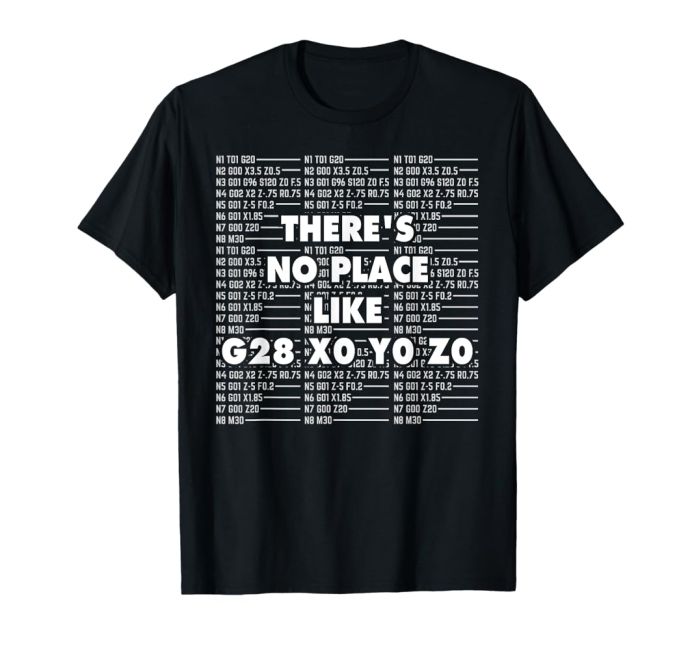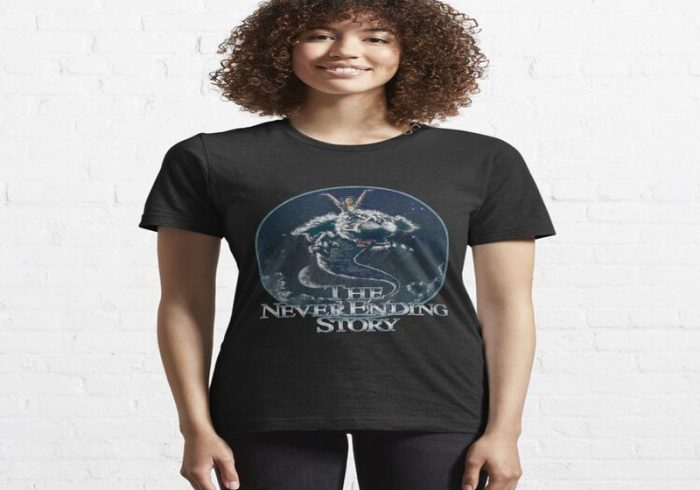As the world grapples with the pressing issue of climate change, it becomes imperative for every individual and organization to make conscious choices that favor our environment. This includes the G20, a forum of governments and central bank governors from 19 countries and the European Union. In line with this, there has been a growing call for sustainable merchandise options during G20 summits.
The idea of eco-friendly merchandise is not new. Many organizations have started adopting this practice as part of their corporate social responsibility initiatives. However, when applied to an international platform like G20, it holds even greater significance as it sets an example for other global forums and encourages mass adoption of sustainable practices.
Sustainable merchandise refers to products that are made using environmentally friendly materials or processes which minimize harm to ecosystems or deplete natural resources. These could be anything from reusable water bottles made from recycled plastic to T-shirts crafted from organic cotton dyed with natural pigments.
Incorporating such eco-friendly merchandise into G20 shop events can serve multiple purposes: reducing environmental impact, promoting sustainability awareness among participants and attendees, and setting a positive example for other organizations worldwide.
One significant area where sustainable merchandise can play a role is in event giveaways. Instead of resorting to cheaply produced items that often end up in landfills shortly after being received, opting for high-quality items made from sustainably sourced materials can significantly reduce waste generation while also providing something useful and long-lasting.
Another area where eco-friendly choices matter is in catering supplies used during these summits. Using biodegradable plates, cups, cutlery instead of single-use plastics can contribute significantly towards reducing plastic pollution – one of today’s most pressing environmental challenges.
Moreover, creating such pieces involves collaborating with local artisans who employ traditional techniques passed down through generations; thus supporting local economies while preserving cultural heritage – another important aspect of sustainability.
However, merely incorporating sustainable merchandising isn’t enough; it’s equally important to communicate this to the attendees. By highlighting the eco-friendly nature of these products, G20 can encourage participants to adopt similar practices in their respective countries and organizations.
In conclusion, as one of the most influential international forums, G20 has a responsibility not just towards economic cooperation but also towards environmental sustainability. By opting for sustainable merchandise options during its summits, it can set a positive example for others to follow while also contributing directly towards mitigating climate change. It’s high time that we realize that every choice we make – no matter how small – matters in our collective fight against environmental degradation. Every step counts, and sustainable merchandising is indeed a step in the right direction.



